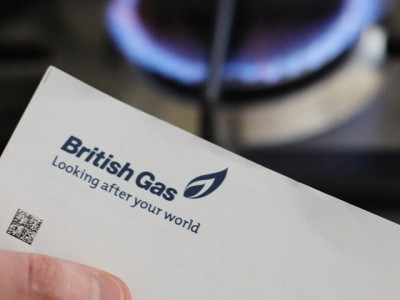
Most people feel neither side of the EU referendum debate has spelled out the financial benefits to households of their arguments clearly enough, a survey has found.
Nearly three-quarters (73%) of people surveyed for website comparethemarket.com agreed that neither side has “communicated effectively the financial benefits to households in their arguments”.
The remainder of those surveyed were fairly evenly split between both camps, with 14% believing the “staying in” campaign had better voiced the benefits to households and 13% saying that the “leave” campaign had been more convincing on this topic to date.
Yet four in five (80%) people surveyed will take their personal finances into account to varying extents when voting, the research found.
When asked what household bills people think would be most impacted by a vote to leave the EU, groceries was the most popular choice, with petrol and diesel fuel and energy coming in joint second place.
The survey of more than 6,000 people ahead of the UK’s decision on June 23 also found more than half (58%) think that bills will be impacted, either positively or negatively, were there to be a change in the status quo. The remaining 42% think their bills will not be impacted at all.
When people were asked to what extent they believe they would be financially better off if the country was in or out of the EU, 40% believed they would be better off remaining in the EU, whilst 30% thought they would be better off out.
Simon McCulloch, director of insurance at comparethemarket.com, said: “Our research reveals just how much people could be swayed by either campaign group if they are able to communicate effectively how the outcome will benefit or harm household finances.
“In particular, the impact on the cost of holidays, energy and insurance seems to be a major consideration.”
The survey, conducted at the end of March, found that when people were presented with a hypothetical scenario that energy bills would rise in the event of a “Brexit”, 43% would be more likely to vote to stay in the EU, while 40% would be worried about the supply of Britain’s energy in that event.
And nearly a third (31%) said they would be more likely to vote to stay if they were told that their insurance premiums would go up and a further 30% would be more likely to vote to remain in the EU if they would told that holidays in Europe would become more expensive.
Recommended for you
